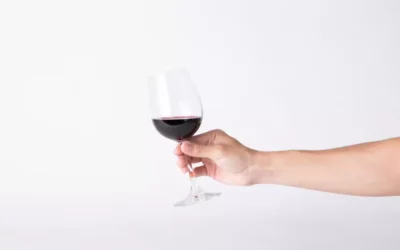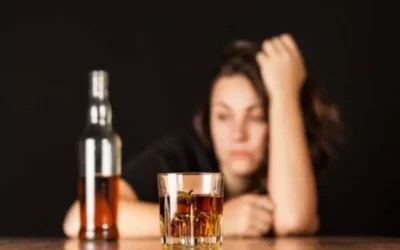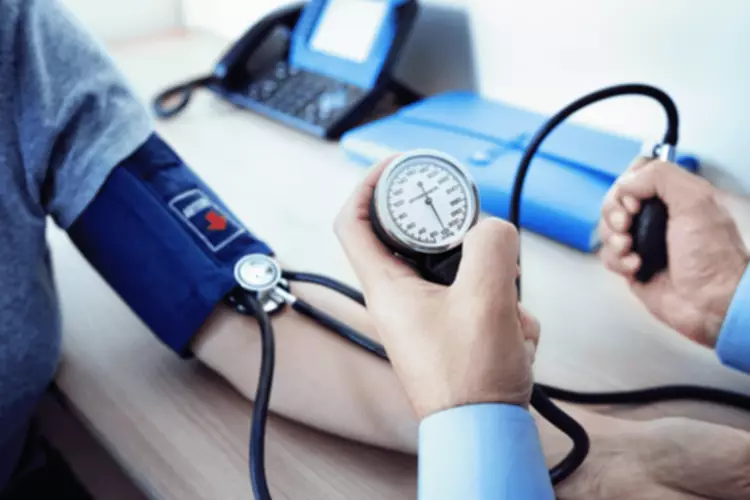When the body feels physical stress it also tends to feel mental stress because the physical symptoms are interpreted by the brain as stress and worry. In fact, 50% of people receiving treatment for alcohol use disorder also live with an anxiety disorder. Remember that withdrawing from alcohol can also cause symptoms of anxiety. So, make sure you seek help from a doctor to manage or reduce the withdrawal effects of alcohol. Some people struggle with a disorder known as alcohol-induced panic attacks, in which they suffer from regular panic attacks after drinking alcohol.
Coping Mechanisms for Anxiety
If you suffer from panic attacks, cut right down on your alcohol consumption, if you drink. “Hangxiety” describes the regret, worry, and levels of anxiety felt after a night of heavy drinking. While the term may be informal, the science isn’t—there’s plenty of data to explain this experience.
How to prevent and cope with post-drinking anxiety
Our short survey takes just a few minutes to complete and helps us to keep improving our healthy lifestyle articles. Alcohol also disrupts the delicate balance of chemicals in the brain and body.

When is it time to seek professional help?
But trying to relax with a drink or two may not give you the long-term anxiety relief you want. If you’re in the depths of hangxiety and need fast relief, Dr. Greenfield recommends working through it with meditation, grounding activities, calming yoga poses or stretches, or deep breathing exercises. “A lot of the uncomfortable emotions we have, when we try to push them away or avoid them, they just get worse,” Dr. Greenfield says. There also seems to be a correlation between the amount of alcohol I drink and how anxious I am—the more gin and tonics I have, the more anxious I’ll be when they wear off. The problems with quitting alcohol and anxiety start long before you decide to quit. They started when alcohol was used as a coping mechanism for dealing with stress.

- A person with an anxiety disorder is three times more likely to develop an alcohol use disorder at some point in their life compared to someone who has never been diagnosed with anxiety.
- This review broadens the psychiatric perspective on the association between diagnosable alcohol and anxiety disorders to include the psychological/learning and neuroscientific disciplines.
- But if you still notice anxiety or panic symptoms with this level of drinking, you could try to further reduce how much you drink.
- If you are frequently experiencing panic attacks after drinking alcohol, it is important to take a look at your drinking.
- Occasionally, Dr. Lin may recommend that additional therapy is needed and ask that you bring a therapist into your care team in order to provide the best outcome.
- “Addressing the physical symptoms of your hangover can also make you feel better psychologically,” says Dr. Paul Linde, psychiatrist and medical director of psychiatry and collaborative care at Ria Health, San Francisco.
All of these stages of drinking, from the enjoyment of alcohol to withdrawal to the cycles of craving, continuously alter the brain and its communication pathways. Alcohol can affect several dozen neurotransmitters and receptors, making understanding its mechanism of action in the brain complicated. Repeated episodes of drinking and drunkenness, coupled with withdrawal, can spiral, leading to relapse and reuse of alcohol.
Mental health is personal.So is our approach to psychiatry.
Although alcohol doesn’t cause a panic attack directly, it does affect parts of the mind and body that ultimately may contribute to the development of a panic attack, and it does so with more frequency than other types of healthier beverages. What we’ve found in animal models of binge drinking is that certain subtypes of neurons lose the ability to talk to each other appropriately. Even after a prolonged period of abstinence, conversations between the neurons don’t return to normal.

Have a sober hang with friends, go on a hike or walk, read a book, or host a movie or Netflix night. Of course, alcohol withdrawal itself can also cause anxiety and panic attacks. Withdrawal anxiety is complicated, but it essentially comes from the way your mind experiences the stress of losing out on alcohol. So much goes on in your brain that it alters your brain’s chemicals and causes a host of physical changes that can lead to anxiety. What happens is that once you’ve quit drinking alcohol – long after the withdrawal symptoms are over (which we’ll get to in a second) – your brain is essentially left without healthy strategies for coping with even the most mild stresses. Then, any time you are under stress, your natural instinct will be to go back towards alcohol as you may not have any other effective coping strategies.
- Alcohol is a drug like any other, and anything that affects your body like alcohol does has the potential to contribute a great deal to your panic attacks and anxiety more generally.
- Drinking alcohol causes a number of immediate effects in your body – your heart rate may increase, your blood sugar drops and you may eventually become dehydrated.
- In small amounts, alcohol can increase your levels of a neurotransmitter called GABA.
- If you already have an anxiety or panic disorder, you may be more likely to experience these symptoms after drinking alcohol.
- I study how neuropeptides – unique signaling molecules in the prefrontal cortex, one of the key brain regions in decision-making, risk-taking and reward – are altered by repeated exposure to binge alcohol consumption in animal models.
- If you notice that you feel emotional symptoms after quitting alcohol, then it is also important to address how you feel.
- Quitting alcohol can also lead to long term anxiety from extended withdrawal symptoms, known as protracted withdrawal.
It’s also possible for chronic alcohol use to contribute to existing anxiety or lead you to develop an anxiety disorder. In fact, drinking can change the chemistry of the brain in a way that actually makes anxiety worse. Knowing how alcohol affects anxiety may make it less tempting to have a drink to cope. Any information published on this website or by this brand is not intended as a substitute does alcohol cause panic attacks for medical advice, and you should not take any action before consulting with a healthcare professional. You may not have turned to alcohol because you had anxiety, but everyone deals with day to day stresses, and when drinking these stresses are numbed, but not dealt with. It’s like using a powerful painkiller on an open wound – you won’t feel any pain, but the wound will keep bleeding.
Alcohol can lower your blood sugar levels
Of course, finding an affordable therapist who you feel comfortable talking to can be challenging. Otherwise, you can research therapists in your area and ask if they accept sliding-scale fees. Many mental health experts are conducting appointments through video chat or phone calls during the pandemic, so you don’t need to physically go into an office. (Here is more information about scheduling medical appointments during COVID-19.) Or, you can research online support programs and groups, which are often a more affordable alternative to traditional therapy. For example, you can privately talk to others who may share similar experiences with alcohol through Tempest, a membership-based sobriety group.
Xanax and Alcohol: Side Effects and Risks – Healthline
Xanax and Alcohol: Side Effects and Risks.
Posted: Thu, 14 Nov 2019 08:00:00 GMT [source]
